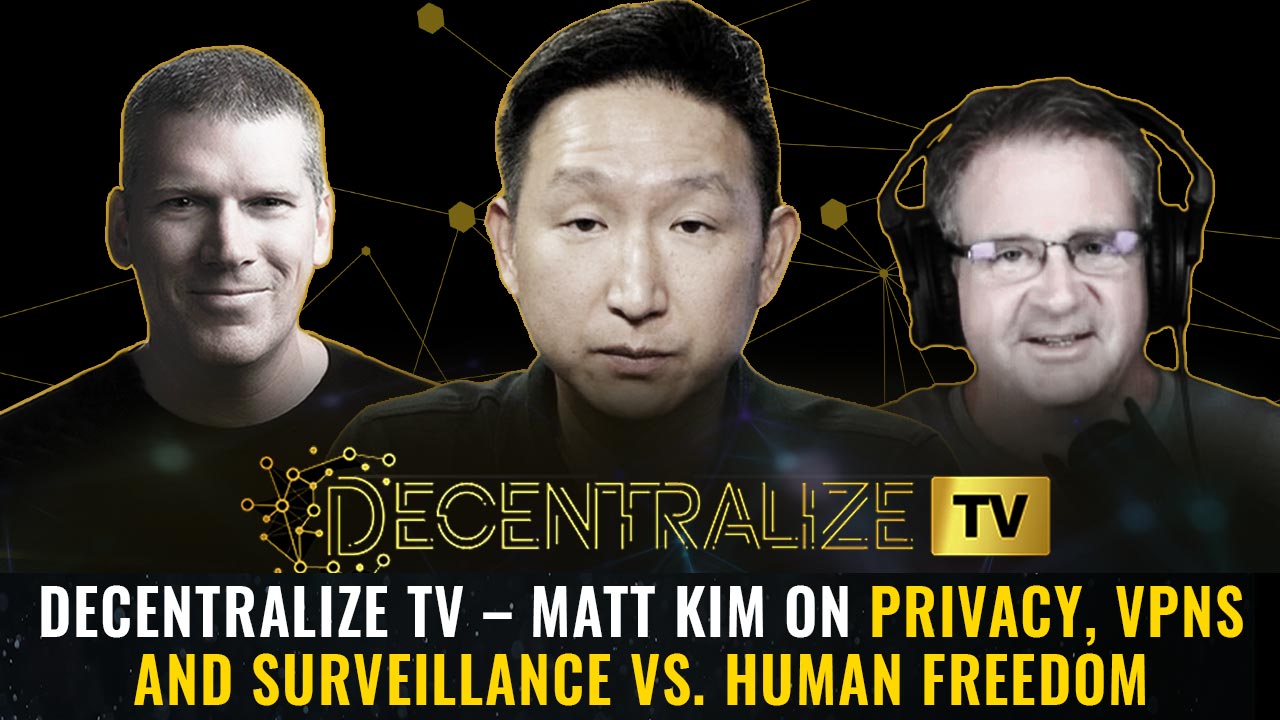Sacramento utility provider under fire for using SMART METERS as surveillance tools
08/03/2025 / By Kevin Hughes

- The EFF sued Sacramento’s public utility (SMUD) for a decade-long unconstitutional surveillance program, using smart meter data to flag over 33,000 households as “suspicious” without warrants or individualized suspicion.
- Internal communications reveal SMUD disproportionately targeted Asian homeowners, with police assessments overwhelmingly focused on Asians (86 percent of cases, despite being 18 percent of Sacramento’s population). Examples included baseless accusations against residents like a Vietnamese immigrant using medical equipment.
- Households using as little as 2,800 kWh/month were flagged—a threshold SMUD employees themselves exceeded, undermining the program’s legitimacy.
- SMUD’s actions allegedly breach California’s constitution (against unreasonable searches) and utility codes restricting data sharing. Customers had no opt-out option from surveillance.
- The case raises concerns about smart meters enabling nationwide surveillance, with utilities like PG&E partnering with controversial firms (e.g., Palantir). The EFF urges courts to halt SMUD’s dragnet tactics, setting a precedent for digital privacy rights.
The Electronic Frontier Foundation (EFF) has filed a lawsuit against the Sacramento Municipal Utility District (SMUD), accusing the public utility of conducting an unconstitutional mass surveillance program that has targeted tens of thousands of households over the past decade.
The lawsuit, which seeks to dismantle this invasive practice, highlights how SMUD’s “smart meters” have been covertly transformed into tools of surveillance. This illegal surveillance disproportionately affected Asian American communities and violated the privacy rights of countless residents.
For over 10 years, SMUD has been sifting through the energy usage data of its 650,000 customers, flagging over 33,000 households as “suspicious” based on their electricity consumption. These tips, often generated without individualized suspicion or judicial oversight, have been routinely passed on to local law enforcement agencies.
The EFF’s legal filing reveals that SMUD analysts have sent detailed reports – including names, addresses and usage histories – to police departments. This effectively turns the utility into an arm of law enforcement. (Related: Smart meters really do spy on your use of appliances, industry admits.)
The criteria for suspicion have been alarmingly arbitrary. Initially, households using more than 7,000 kilowatt-hours (kWh) per month were flagged.
However, this threshold has since plummeted to just 2,800 kWh, a level that even SMUD’s own employees exceed. One analyst admitted to using 3,500 kWh in a single month, well above the current threshold.
The lawsuit exposes a troubling pattern of racial profiling within SMUD’s surveillance program. Internal communications show that analysts specifically targeted homes based on racial cues, with one text message to police requesting information on a household because it was “4k [kWh], Asian.” Another message highlighted a location due to “multiple Asians” reported there.
According to the Sacramento Bee, “86 percent of assessments done by Sacramento Police were against Asians between 2017 and 2019, even though Asians represent only 18 percent of Sacramento residents.” This discriminatory practice has had severe consequences for innocent residents.
The fight for digital privacy
Alfonso Nguyen, a Vietnamese immigrant and spinal injury patient who uses electric medical equipment, was falsely accused of growing cannabis due to his high energy usage. When he refused a search, deputies threatened to return with a warrant and arrest him.
Another victim, Brian Decker, was forcibly removed from his home at gunpoint. This came after he was flagged for his overnight electricity usage, which was actually due to cryptocurrency mining.
The EFF argues that SMUD’s actions violate California’s constitution, which prohibits unreasonable searches, and the state’s Public Utilities Code, which restricts the sharing of customer data without consent. The utility’s “Privacy Policy,” buried in a website footer, offers no meaningful opportunity for customers to opt out of surveillance. “There is no mechanism by which a customer can give or refuse consent,” the brief states.
The implications of this case extend far beyond Sacramento. As smart meters become ubiquitous, the potential for similar surveillance programs looms large. Pacific Gas & Electric (PG&E), California’s largest utility, has partnered with Palantir Technologies, a company with a history of government surveillance contracts, raising concerns about the broader deployment of smart meter data for surveillance purposes.
The EFF is calling on the courts to intervene and halt SMUD’s mass data mining. “The whole exercise is the digital equivalent of a door-to-door search of an entire city,” the brief argues. “The Court should stop this rogue and unreasonable dragnet.”
The outcome of this case will set a critical precedent for digital privacy rights in the age of smart infrastructure. As the lines between essential services and surveillance tools blur, the question remains: Should public utilities have the power to transform every home’s electricity meter into a government spy device?
Watch Tony Lambert discussing the unsought and fiercely resisted imposition of dangerous, snooping smart meters.
This video is from the Secret Harbour Sessions channel on Brighteon.com.
More related stories:
Sources include:
Submit a correction >>
Tagged Under:
Asians, California, california collapse, digital age, Digital privacy, EFF, Glitch, Palantir Technologies, PG&E, privacy watch, Public Utilities Code, Sacramento, smart infrastructure, smart meters, SMUD, spy device, surveillance, utility provider
This article may contain statements that reflect the opinion of the author
RECENT NEWS & ARTICLES
COPYRIGHT © 2017 FUTURETECH.NEWS
All content posted on this site is protected under Free Speech. FutureTech.news is not responsible for content written by contributing authors. The information on this site is provided for educational and entertainment purposes only. It is not intended as a substitute for professional advice of any kind. FutureTech.news assumes no responsibility for the use or misuse of this material. All trademarks, registered trademarks and service marks mentioned on this site are the property of their respective owners.


















